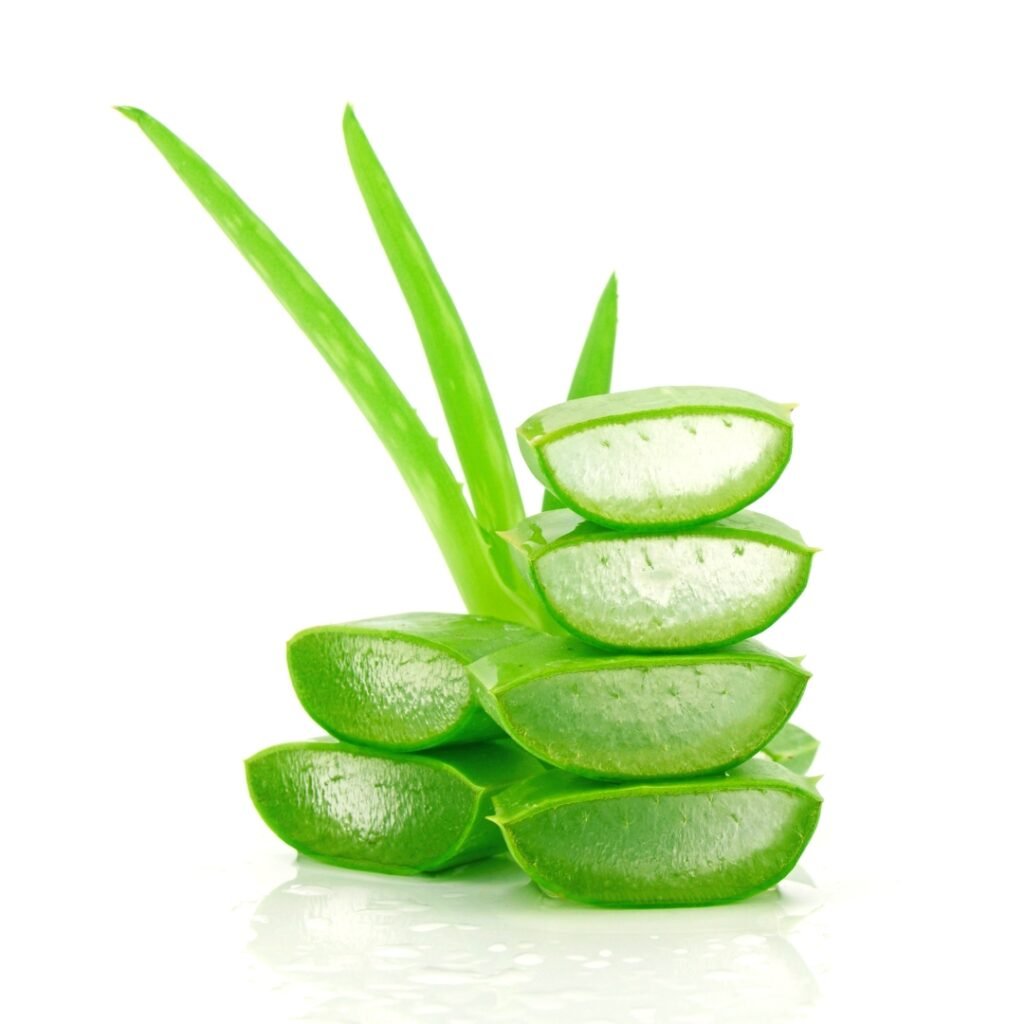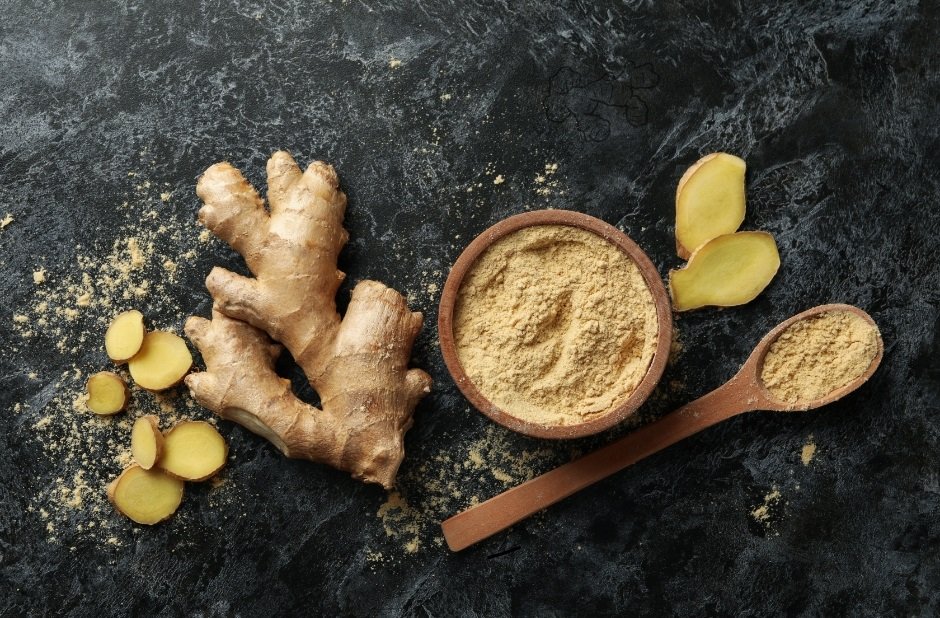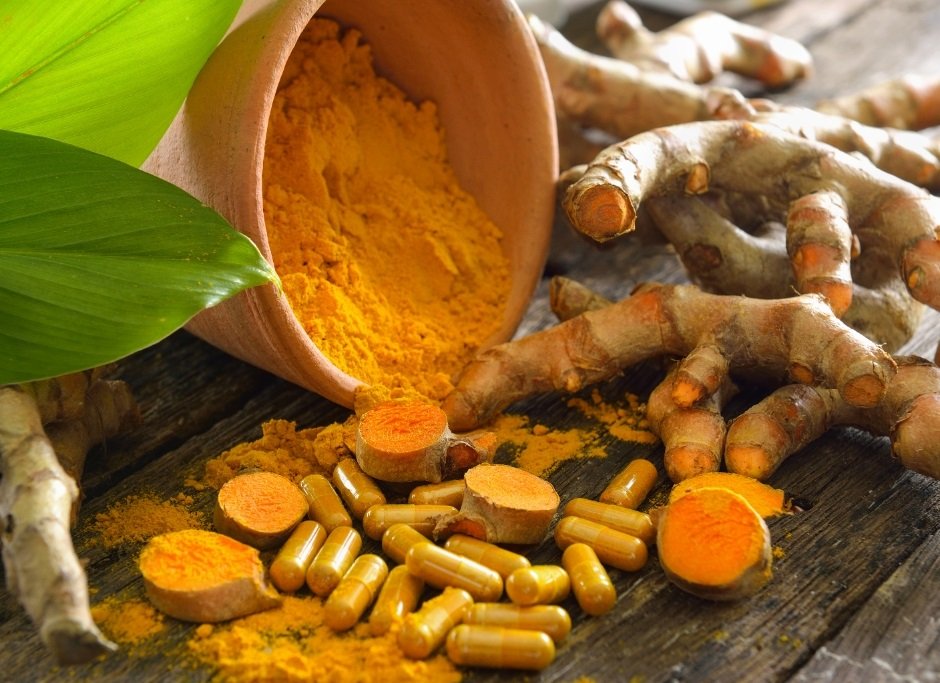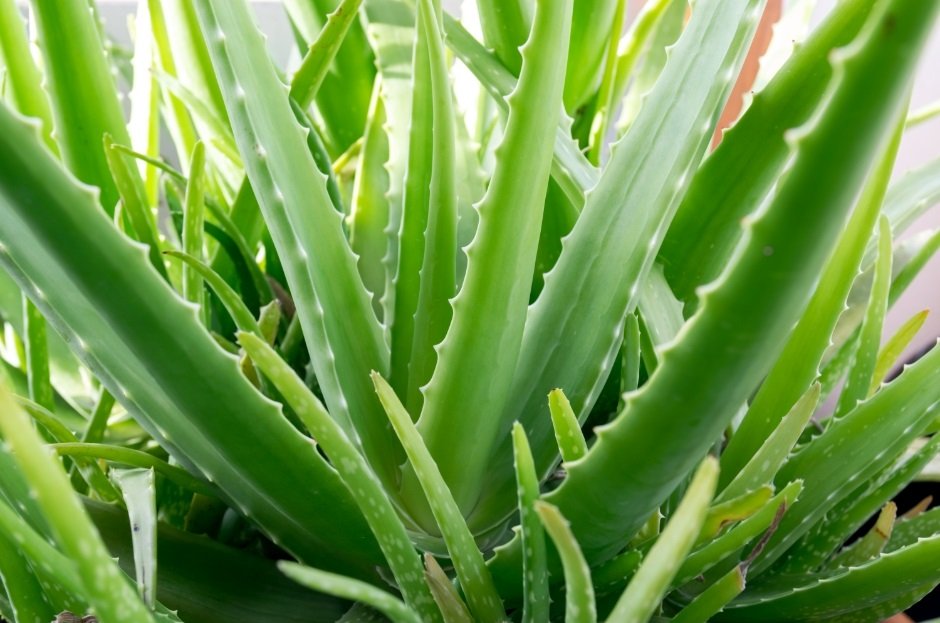Aloe Vera: The Versatile Plant with Incredible Health Benefits
Aloe vera, a succulent plant with remarkable healing and health-promoting properties, has been used for centuries in traditional medicine and skincare. It is known for its thick, fleshy leaves filled with a clear gel that contains a rich mix of vitamins, minerals, enzymes, and amino acids. This article delves into the diverse benefits of aloe vera, its applications, and the potential side effects you should be aware of.
What is Aloe Vera?

Aloe vera, scientifically known as ‘Aloe barbadensis miller’, is a species of succulent from the Asphodelaceae family. It is native to the Arabian Peninsula but is now widely cultivated in tropical and subtropical regions across the globe. Aloe vera is characterized by its rosette-like arrangement of thick, spear-shaped leaves that are edged with tiny spines. The gel within these leaves is used in a variety of products, ranging from skincare to dietary supplements.
Health Benefits of Aloe Vera
The benefits of aloe vera are extensive and backed by both traditional use and modern research. Below are some of the most notable health benefits of this extraordinary plant:
- Skin Health and Healing
Aloe vera is well-known for its skin-soothing and healing properties. It is commonly used to treat sunburn, minor burns, cuts, abrasions, and skin irritations. The gel’s cooling effect provides instant relief, while its anti-inflammatory properties reduce redness and swelling. Additionally, aloe vera promotes wound healing by stimulating the production of collagen and improving blood circulation to the affected area. - Digestive Health
Aloe vera’s benefits extend to the digestive system. The gel contains enzymes such as amylase and lipase, which help break down carbohydrates and fats, respectively, aiding digestion. Aloe vera juice is used to ease symptoms of indigestion, heartburn, and acid reflux. Its mild laxative effects can also alleviate constipation. - Immune System Support
Aloe vera contains compounds like polysaccharides, which are thought to boost the immune system by stimulating the production of white blood cells. Its antioxidant properties help fight oxidative stress, supporting the immune system in defending against infections and chronic diseases. - Anti-Inflammatory Properties
Aloe vera has potent anti-inflammatory effects, making it useful in treating conditions like arthritis, eczema, and psoriasis. Applying aloe vera gel to inflamed joints can help reduce pain and swelling. It can also be used to relieve the itching and irritation associated with skin conditions. - Oral Health
The antibacterial and astringent properties of aloe vera make it a popular ingredient in oral care products. It can help reduce gum inflammation, prevent plaque buildup, and maintain overall oral health. Aloe vera-based toothpaste and mouthwash can be beneficial for those with sensitive gums or other dental issues.
Traditional and Modern Uses of Aloe Vera
Aloe vera has been used in various forms for thousands of years. Its applications range from traditional medicine to modern wellness practices. Let’s explore some of the most common uses of aloe vera:
- Traditional Medicine
In traditional medicine, aloe vera has been used to treat a wide range of ailments, including digestive issues, skin disorders, and respiratory problems. In ancient Egyptian texts, aloe vera was described as the “plant of immortality” due to its healing properties. Traditional Ayurvedic medicine also uses aloe vera to balance the doshas and promote health. - Skincare and Beauty
Aloe vera is a staple in skincare and beauty products. Its hydrating and anti-inflammatory properties make it ideal for use in lotions, creams, gels, and facial masks. Aloe vera is commonly applied to sunburns, dry skin, and minor skin irritations for immediate relief and healing. - Dietary Supplements
Aloe vera juice and gel are available as dietary supplements, often marketed for their digestive and immune system benefits. Aloe vera juice can be consumed to support digestive health, while aloe vera gel capsules may be taken for their anti-inflammatory effects. However, caution is advised when consuming aloe vera in supplement form, as there are potential side effects to consider.
Potential Side Effects and Precautions
While aloe vera has numerous health benefits, there are some potential side effects and precautions to be aware of:
- Allergic Reactions
Some individuals may be allergic to aloe vera. Symptoms of an allergic reaction include redness, itching, swelling, or rash. If you experience any of these symptoms after using aloe vera, discontinue use and seek medical attention. - Digestive Discomfort
Aloe vera juice’s mild laxative properties can cause digestive discomfort, including diarrhea and stomach cramps. If you are prone to digestive issues, start with a small dose and monitor how your body reacts. Long-term or excessive use of aloe vera juice may lead to dehydration and electrolyte imbalance. - Drug Interactions
Aloe vera may interact with certain medications, particularly those used to manage blood sugar levels or other chronic conditions. If you are on medication, consult with your healthcare provider before using aloe vera supplements or juice. - Pregnancy and Breastfeeding
Pregnant and breastfeeding women should exercise caution when consuming aloe vera products. The plant’s laxative effects may not be suitable during pregnancy, and there is limited research on its impact during breastfeeding. Consult a healthcare professional before using aloe vera during these times.
SUMMARY
Aloe vera is a versatile and valuable plant with a wide range of health benefits. It is renowned for its healing and soothing properties, particularly in skincare and wound healing. Aloe vera also offers digestive and immune system benefits, making it a popular choice in modern wellness practices.
Despite its many advantages, it’s crucial to use aloe vera products with care and be aware of potential side effects. If you’re considering using aloe vera for health or wellness purposes, ensure you choose high-quality products and consult with a healthcare professional if you have any concerns.
By understanding the benefits and precautions associated with aloe vera, you can harness its remarkable properties to improve your health and well-being. Whether you’re using it topically for skin care or consuming it as a supplement, aloe vera is a natural resource with the potential to enhance your life.













